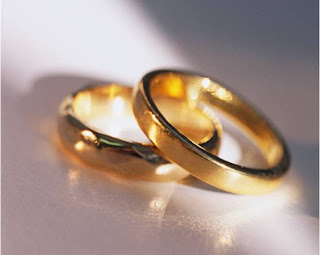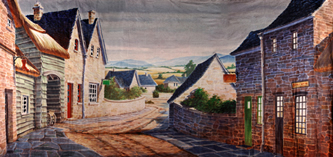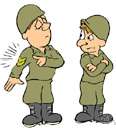
Shakespeare is not only something you learn in school and then forget about it. It´s a piece of literature that exist in your everyday life, even in the harshest places: a level 4 high security prison. It is hard to picture an Act V scene taking place in the prisons theater, filled with huge tough guys looking at the scene and at their fellow inmates. It kind of reminds me to Adam Sandler´s, The Longest Yard were all the inmates are recruited for the football team to play against "THE GUARDS!!"
During this radio show from This American Life Jack Hitt hits up the prison every 2 months to meet and talk to the inmates that make the Shakespearean play possible. The prisoners not only tell them their experience in the making of the scenes but also their personal experience in dealing with the plays message of committing or not committing a murder, which many of them can relate to. Personally I think many of the inmates get a chance to over think their life decisions during the Hamlet play especially the Hamlet actors. However there was one particular prisoner that grabbed my attention and that was Big Hutch a very big guy given his nickname that describes himself as the "killer whale" of the prison. It is even hard to imagine how one of the meanest guys of the prison takes part of the play, something that was thought to be lame. Again I can relate Big Hutch to the Big Khalifa in The Longest Yard a very big guy that did not talk; instead he kicked everyone's butt.
During the radio show a kept thinking on how analytical Big Hutch was and how he told Jack that Hamlet had not internal conflict, instead he was just a coward for not acting against his father's murder, comparing it to how they used to rape her daughter telling Jack that he was not gonna stay leg crossed while they did that to her instead he decided to take action for it.
Last but not least I liked how Big Hutch compared the prisons main yard to Hamlets play, the was the Claudius that wanted power, drugs, etc: Rosencrantz and Guildenstern the rats that told everything to the administration and so on.
















